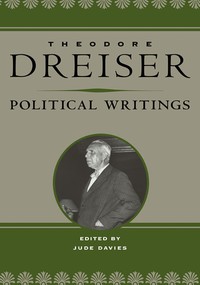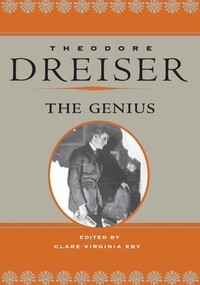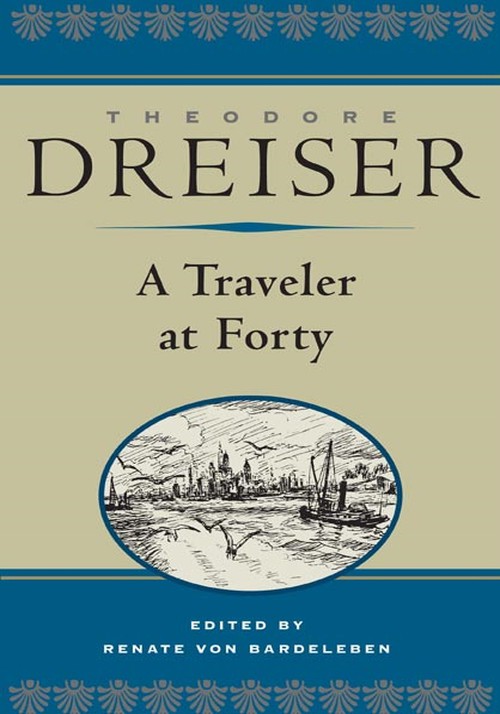
A Traveler at Forty
Edited by Renate von Bardeleben
The complete text finally restored.
Cloth – $95
978-0-252-02913-4
Publication Date
Cloth: 12/31/2004
Series: The Dreiser Edition
About the Book
Before publishing Dreiser's European travel book in 1913, the Century Company editors had heavily excised autobiographical reminiscences, philosophical speculations, revealing portraits of prominent figures, Dreiser's relationships with women, and his carefully observed renditions of lower-class urban life. This newly edited text is based on the typescript that Dreiser himself had prepared from his holograph in order to preserve it fully for future publication. The text reveals Dreiser's multiple motives in going to Europe--not least the cultivation of his reputation in England and the exploration of his ancestral roots in Germany. The earlier edition is about places; this fuller text is about Dreiser himself.About the Author
Theodore Dreiser (1871-1945) is a major American novelist of powerful and unstinting realism. His career peaked with a sequence of masterpieces, including Sister Carrie, Jennie Gerhardt, The Financier, and An American Tragedy. Renate von Bardeleben, a professor of American literature at the University of Mainz in Germany, is the author or editor of nine books and an internationally respected Dreiser scholar.Also by this author
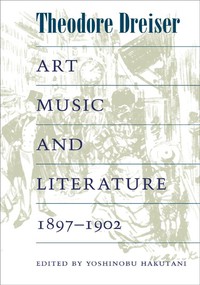
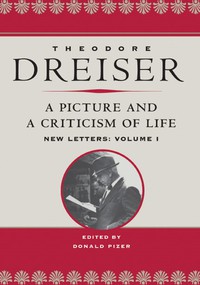
Reviews
"[A Traveler at Forty contains] the pregnant observations of an old hand at looking, the sharp remarks and annotations of the creator of Hurstwood, Cowperwood and Pere Gerhardt. The book rises completely out of the commonplace, and becomes something new, illuminating and heretical. It differs enormously from the customary travel books: it is not a mere description of places and people, but a revelation of their impingement upon an exceptional and almost eccentric personality. Whoever has got civilized pleasure out of the Dreiser novels will read it with joy. It is, in a sense, a free commentary upon these novels, a sort of epilogue in mufti. It makes a bit clearer the Dreiser philosophy, the Dreiser view of life."--H. L. Mencken"For everywhere [Dreiser] goes he watches people with a terrible curiosity about them that never rests until he has their secrets. . . . Dreiser has made this reader disembark at Fishguard and whirl off to magic London. Dreiser has taken him to Italy and Switzerland and France. . . . He seeks through the tiny German village that was the ancestral home of the Dreisers for traces of his forebears, and presents the town to us just as it would seem to us on a like errand--not as it would seem to some professional travel-book maker, with his knowing little references."--Sinclair Lewis


